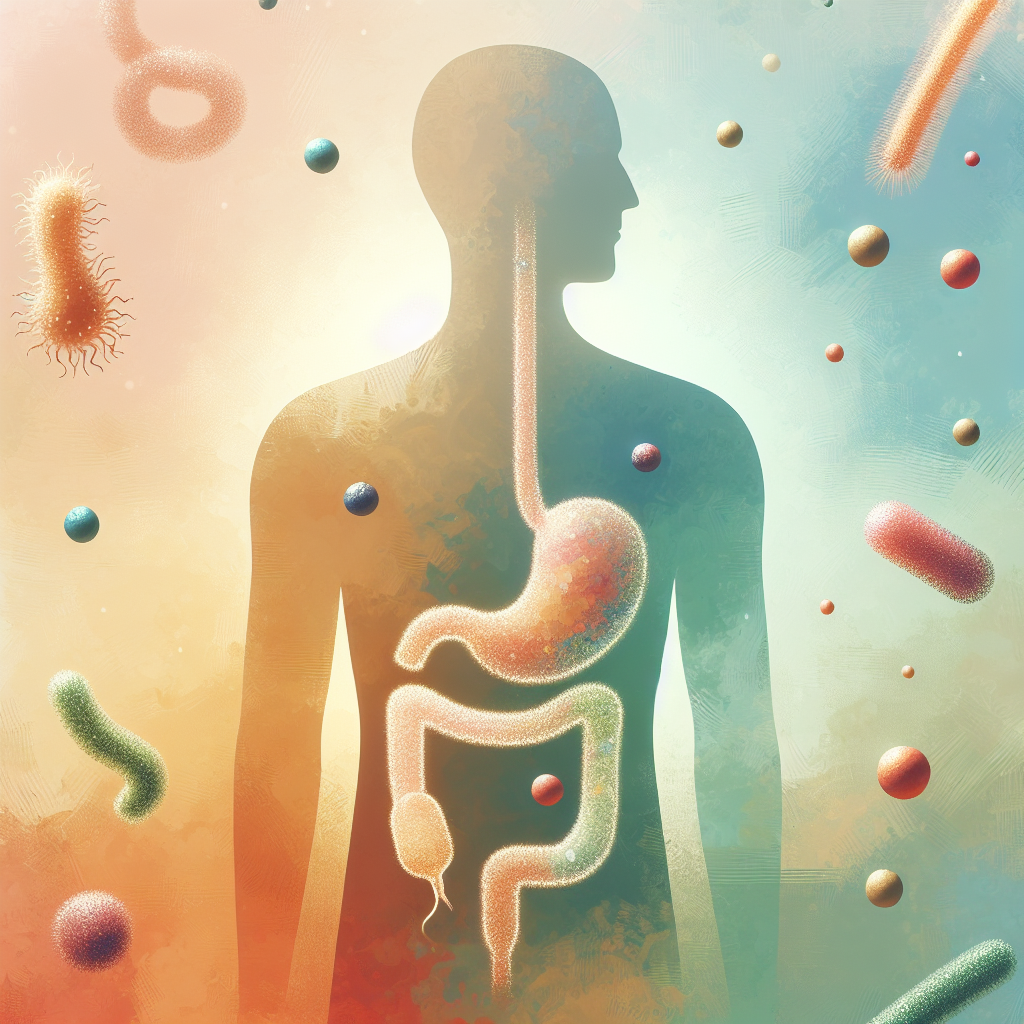### Understanding the Probiotic Revolution: How bacteria boost your health
For over a century, bacteria have been widely understood as the ‘bad guys’, the microorganisms responsible for causing diseases. However, recent scientific leaps have broadened our perspective on the status and roles of bacteria. In this blog post, we dive into the world of probiotics: the ‘good bacteria’ that can help improve your health. This novel field of microbiology intersects with trending diets and wellness routines.
## 1. The Beneficial Bacteria – Probiotics
Probiotics are live bacteria and yeasts that are beneficial for our health, particularly for the digestive system. Contrary to the misconceived notion that all bacteria are harmful, our body is home to an abundance of bacteria, both good and bad. Probiotics are a part of the good, or ‘helpful’ bacteria, as they keep our gut healthy.
## 2. How Probiotics Work
When you lose ‘good’ bacteria in your body (for instance, after taking antibiotics, which can kill both harmful and helpful bacteria), probiotics can aid in replacing them. They can also help balance your “good” and “bad” bacteria to keep your body functioning as it should.
Probiotics work in different ways, including:
– **Inhibiting the growth of harmful bacteria:** Probiotics compete with harmful bacteria for nutrients and space, reducing the chances of harmful bacteria’s proliferation.
– **Supporting immune function:** Probiotics help stimulate the body’s natural defense mechanism.
– **Enhancing the absorption of nutrients:** They can improve the body’s ability to digest food and absorb nutrients.
## 3. Sources of Probiotics
Here is where diet becomes crucial. Probiotics can be ingested through certain foods and dietary supplements. Good sources include:
– Fermented foods: yogurt, kefir, sauerkraut, and kimchi.
– Certain types of cheese: gouda, mozzarella, cheddar, and cottage cheese.
– Probiotic-fortified foods: certain brands of milk, juices, and soy beverages.
– Probiotic supplements, typically in capsule or powder form.
## 4. Probiotics for your health
Several studies suggest that probiotics can help:
– Prevent and treat diarrhea, especially following treatment with certain antibiotics.
– Improve mental health conditions as a result of the gut-brain connection.
– Keep your heart healthy by lowering LDL (bad) cholesterol and blood pressure.
– Reduce the severity of certain allergies and eczema.
– Boost your immune system.
## 5. Things to consider
Keep in mind that the U.S Food and Drug Administration (FDA) has not approved any probiotics for preventing or treating any health problem. Some live microbes have the potential to cause harm. Probiotics are not for everyone, and they are not a substitute for prescribed medication.
Before making any huge dietary changes or attempting a new wellness routine with probiotics, always consult with your healthcare provider.
Therefore, the takeaway message here is that probiotics are an exciting field that holds substantial promise. However, everyone has unique health and nutrition needs, and what might work for others might not quite be your magic bullet. Regardless, striving for a diet rich in a variety of fruits, vegetables, lean proteins, healthy fats, and fermented foods is a proven formula for wellbeing.
Understanding probiotics and their role in our body’s overall homeostasis signifies a leap in our ongoing quest to comprehend the inner workings of our body and pursue wholesome health. With more research unfolding every day, the topic is sure to remain a hot one in the foreseeable future.


